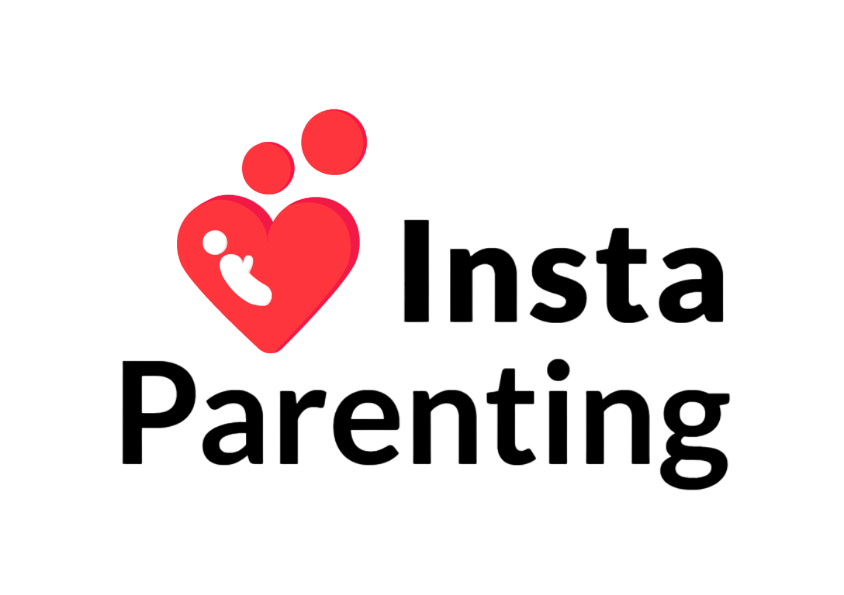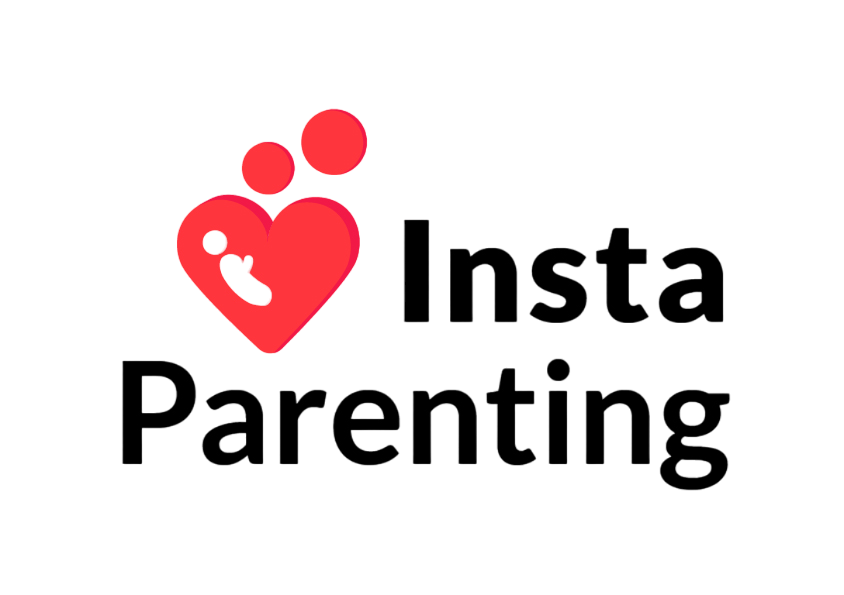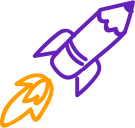Baby develops the fastest from birth to 1 year old. These changes take place across various domains of development i.e.
- Cognitive
- Physical (Fine and Gross Motor)
- Socio-emotional and
- Language.
Most children follow a certain pattern of growth and development or achieve certain skills/abilities at a particular stage in development. These are called developmental milestones. However, it is important to note that every child grows and develops at their own pace, and might achieve a few milestones faster or slower than usual. If you feel concerned about your child not achieving a milestone, contact your pediatrician or speak to our expert.
Did you know?
90% of a child’s brain development happens by the age of 6?
Cognitive Development:
- Recognizes familiar people and objects.
- Might start to recognize their own name.
- Tracks/follows a moving object or person with their eyes.
- Uses hands to explore their body and things around (e.g. discovers the eyes, nose, etc.)
- Brings things to the mouth as part of exploration.
- Starts to grasp the concept of object permanence (i.e. just because an object can’t be seen, doesn’t mean it’s not there).
- Starts to understand cause and effect (e.g. shaking a rattle produces sound).
- Imitates simple actions (e.g. opening and closing eyes, waving, etc.)
- Repeats things that result in an interesting outcome.
- Pays attention to people’s conversations.
- Might begin to understand the meaning of the word “no”.
- Memory is gradually increasing.
- Attention span is starting to increase (can stay alert for almost 2 hours).
Physical Development:
- Balances head well, when unsupported.
- Begins to sit with support.
- Begins to roll over (usually beginning from tummy to back)
- When placed on the tummy, lifts head and chest and begins to support self on forearms
- Brings hand to mouth (e.g. put toys or fingers in mouth, sucks fist, etc.)
- Tries to swing at dangling objects with hands
- Grasps objects using the outer side of the palm without using the thumb. This is called the Ulnar Palmar Grasp (usually seen at 3 months).
- Moves an object/toy from one hand to the other.
- Full-color vision has developed. Sees/watches things at longer distances.
- Starts to develop hand-eye coordination (e.g. looks at a toy and then reaches for it).
- Reflexes such as the Grasp, Moro/Startle, Rooting and Tonic Neck reflexes begin to disappear.
- When held in a standing position, begins to support the body with legs (starts lifting one foot after another).
- Grabs feet and toes when lying on the back.
- Begins to drool (might not be a sign of teething).
Socio-emotional Development:
- Imitates some facial expressions.
- Laughs and smiles a lot, especially with familiar people.
- Takes pleasure in playing with people and might even cry when the playing stops.
- Smiles or frowns to show comfort or discomfort.
- Makes sounds, and moves arms and legs in response to caregivers.
- Might hold out arms, to be picked up.
- Enjoys looking at themself in the mirror (by 6 months).
Language Development:
- Begins listening to adult conversations and pays attention to the sounds of words.
- Imitates sounds.
- Begins to babble (i.e. baba, gaga, etc.) with expression.
- Makes different sounds (e.g. cooing, gurgling, squealing, growling, whingeing) when interacting with people or toys.
- Blows raspberries/bubbles (putting tongue between lips and blowing) and splutters loudly.
- By 6 months, makes monosyllabic sounds (e.g. da, ma).
- Displays a change in volume and tone when trying to communicate.
Feeding and Sleeping Information:
- Feeds frequently (about 7 – 12 times a day) both during the day and night.
- A routine for feeding might be developed.
- Naps for an average of one to three hours, at least 2 to 3 times a day.
- Night time sleep duration increases (about six to eight steady hours).
Did you know?
Research reveals that – every $1 invested in an early childhood program can yield $4-$16 in returns.
Helps your child achieve the above milestones through simple at home activities for 3 to 6 months old. Subscribe to Jyppzer Kids Plan Today!





